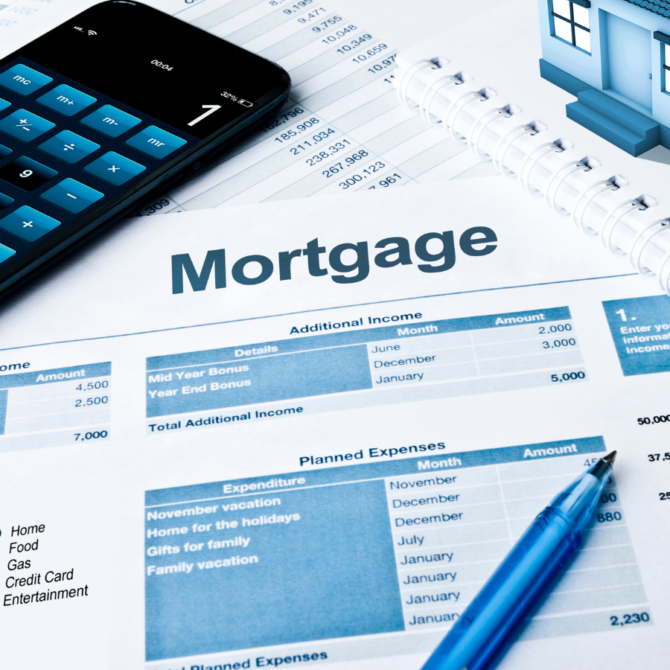What is a 100% mortgage?
A 100% mortgage is a type of home loan where the borrower can borrow the entire value of the property, without having to put down a deposit. In other words, the borrower can finance the property’s full purchase price through the mortgage. These types of mortgages were more common before the 2008 global financial crisis but have become less common due to increased regulation and tighter lending standards. However, are things about to change in the UK?
Why choose a 100% mortgage?
100% mortgages can appeal to first-time buyers or those with limited savings, as they don’t require a large upfront payment. However, they can also be risky for both the borrower and the lender. For the borrower, a 100% mortgage can mean taking on a larger debt burden and being more vulnerable to fluctuations in property prices. If the value of the property falls, the borrower may end up owing more on the mortgage than the property is worth, which can lead to negative equity. This can make it difficult to sell the property or refinance the mortgage in the future.
Is it risky?
For the lender, a 100% mortgage can be risky because they are lending the full value of the property without any collateral in the form of a deposit. If the borrower defaults on the mortgage, the lender may not be able to recover the full value of the loan through the sale of the property. This can make 100% mortgages less appealing to lenders and may lead to stricter lending criteria or higher interest rates.
It is worth noting that 100% mortgages may still be available in certain circumstances, such as through shared ownership schemes or guarantor mortgages. In these cases, the borrower may still be required to put down some form of collateral or have a co-signer to qualify for the mortgage. As with any type of mortgage, it is important to carefully consider the terms and risks before taking on a 100% mortgage.
Take a look at the current student properties we have available in Norwich.



